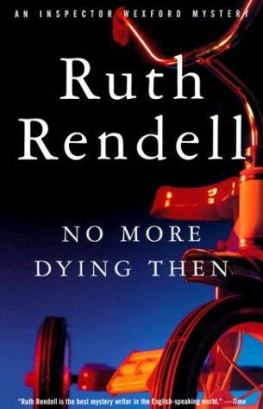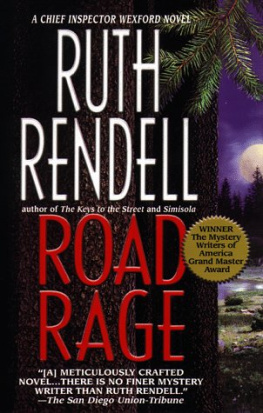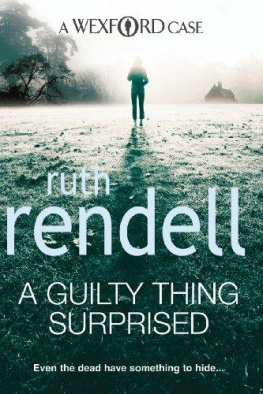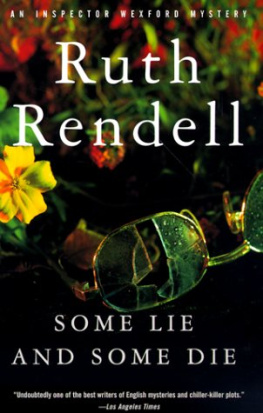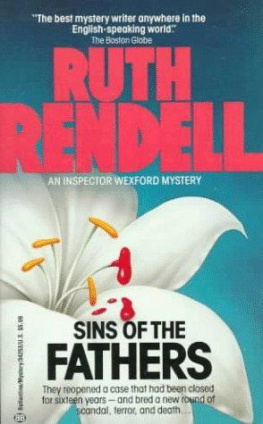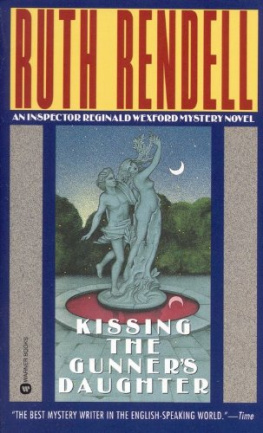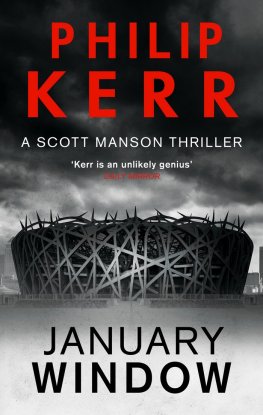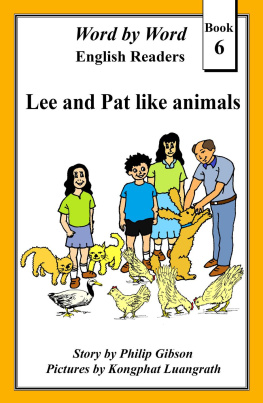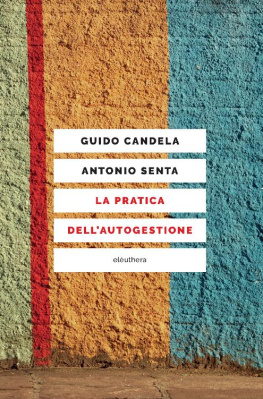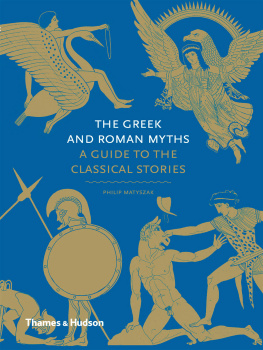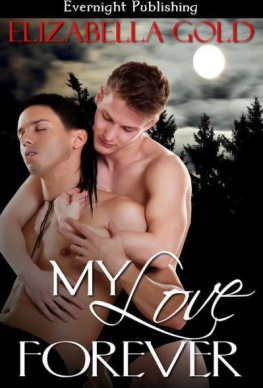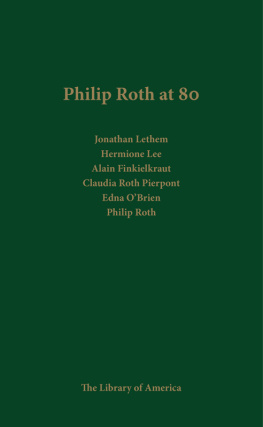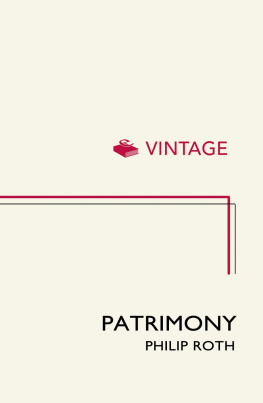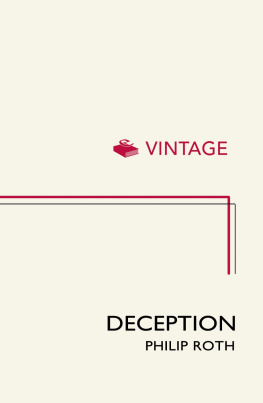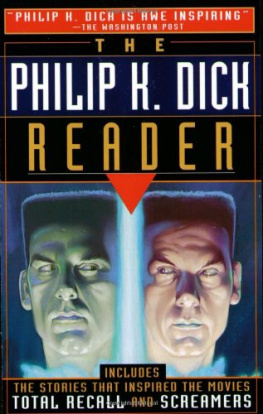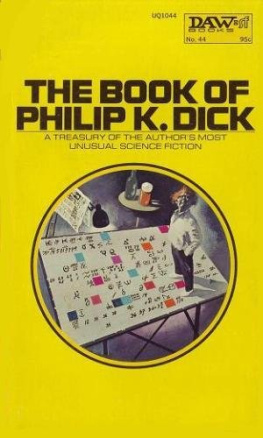Ruth Rendell - The Bridesmaid
Here you can read online Ruth Rendell - The Bridesmaid full text of the book (entire story) in english for free. Download pdf and epub, get meaning, cover and reviews about this ebook. year: 2010, publisher: Open Road Integrated Media LLC, genre: Detective and thriller. Description of the work, (preface) as well as reviews are available. Best literature library LitArk.com created for fans of good reading and offers a wide selection of genres:
Romance novel
Science fiction
Adventure
Detective
Science
History
Home and family
Prose
Art
Politics
Computer
Non-fiction
Religion
Business
Children
Humor
Choose a favorite category and find really read worthwhile books. Enjoy immersion in the world of imagination, feel the emotions of the characters or learn something new for yourself, make an fascinating discovery.

- Book:The Bridesmaid
- Author:
- Publisher:Open Road Integrated Media LLC
- Genre:
- Year:2010
- Rating:4 / 5
- Favourites:Add to favourites
- Your mark:
- 80
- 1
- 2
- 3
- 4
- 5
The Bridesmaid: summary, description and annotation
We offer to read an annotation, description, summary or preface (depends on what the author of the book "The Bridesmaid" wrote himself). If you haven't found the necessary information about the book — write in the comments, we will try to find it.
The Bridesmaid — read online for free the complete book (whole text) full work
Below is the text of the book, divided by pages. System saving the place of the last page read, allows you to conveniently read the book "The Bridesmaid" online for free, without having to search again every time where you left off. Put a bookmark, and you can go to the page where you finished reading at any time.
Font size:
Interval:
Bookmark:
The Bridesmaid
Ruth Rendell

For Don
Contents
CHAPTER ONE
CHAPTER TWO
CHAPTER THREE
CHAPTER FOUR
CHAPTER FIVE
CHAPTER SIX
CHAPTER SEVEN
CHAPTER EIGHT
CHAPTER NINE
CHAPTER TEN
CHAPTER ELEVEN
CHAPTER TWELVE
CHAPTER THIRTEEN
CHAPTER FOURTEEN
CHAPTER FIFTEEN
CHAPTER SIXTEEN
CHAPTER SEVENTEEN
CHAPTER EIGHTEEN
CHAPTER NINETEEN
CHAPTER TWENTY
CHAPTER TWENTY-ONE
CHAPTER ONE
Violent death fascinates people. It upset Philip. He had a phobia about it. Or that was what he called it to himself sometimes, a phobia for murder and all forms of killing, the wanton destruction of life in war, and its senseless destruction in accidents. Violence was repellantin reality, on the screen, in books. He had felt like this for years, since he was a small child and other children pointed toy guns and played at death. When it had begun or what began it he didnt know. A curious thing was that he wasnt cowardly or squeamish, he was no more nor less frightened by it than anyone else. It was rather that unnatural death neither entertained him nor exercised a goulish attraction. His reaction was to shy away from it in whatever form it might be presented to him.
He knew this was unusual. He hid his phobia, or tried to hide it. When the others watched television, he watched it with them and he didnt close his eyes. He had never got into the way of denouncing newspapers or novels. But the others knew and had no particular respect for his feelings. It didnt stop them talking about Rebecca Neave.
Left to himself, Philip would have taken no interest in her disappearance, still less speculated about her. He would have turned off the set. Of course, he would probably have turned it off ten minutes before and avoided Northern Ireland, Iran, Angola, and a train crash in France as well as a missing girl. He would never have looked at the photograph of her pretty face, the smiling mouth and eyes screwed up against the sun, the hair blown by the wind.
Rebecca disappeared at about three on an autumn afternoon. Her sister spoke to her on the phone on Wednesday morning, and a man who was a friend of hers, a new friend who had been out with her just four times, phoned her at lunchtime on that day. That was the last time her voice was heard. A neighbor saw her leave the block of flats where she lived. She was wearing a bright green velvet tracksuit and white running shoes. That was the last anyone saw of her.
Fee said, when the girls face appeared on screen, I was at school with her. I thought I knew the name. Rebecca Neave. I thought Id heard it before.
Ive never heard it. Youve never had a friend called Rebecca.
She wasnt a friend, Cheryl. There were three thousand of us at that school. I dont suppose I even spoke to her. Fee was staring intently at the screen while her brother made as conscious an effort not to look. He had picked up the newspaper and turned to an inside page where the Rebecca Neave story had not penetrated. They must think shes been murdered, Fee said.
Rebeccas mother appeared and made an appeal for news of her missing daughter. Rebecca was twenty-three. Her job was teaching ceramics to adult classes, but needing to supplement her income, she advertised her services as a baby-sitter and house-sitter. It seemed possible that someone had phoned in answer to her advertisement. Rebecca had made an appointment for that eveningand kept it. Or that was what her mother believed.
Oh, the poor woman, said Christine, coming in with coffee on a tray. What she must be going through. I can just imagine how Id feel if it was one of you.
Well, its not likely to be me, said Philip, who was well-built though thin, and six feet two. He looked at his sisters. Can I turn this off now?
Youre so squeamish. You cant stand anything like that, can you? Cheryl had a ferocious scowl she seldom bothered to restrain. She may not have been murdered. Hundreds of people go missing every year.
Therell be more to it than we know, Fee said. They wouldnt make all this fuss if shed just gone off. Its funny, I remember her being in the same crafts group as I was for O Levels. They said she wanted to go on and be a teacher, and the rest of them thought it was funny because all they wanted was to get married. Go on, turn it off, Phil, if you want. There isnt going to be any more about Rebecca anyway.
Why cant they put nice things on the news? said Christine. Youd think they would be just as sensational. It cant be that there arent any nice things, can it?
Disasters are news, said Philip. But it might be an idea to try your kind for a change. They could have a list of todays rescues, all the people saved from drowning, all those whod been in car crashes and didnt get killed. He added, on a more sombre note, A list of kids who havent been abused and girls whove got away from attackers.
He switched off the set. There was a positive pleasure in seeing the picture dwindle and swiftly vanish. Fee hadnt gloated over Rebecca Neaves disappearance, but speculation about it obviously interested her far more than discussing one of Christines nice things would have. He made a rather artificial effort to talk about something else.
What time are we all supposed to be going out tomorrow?
Thats right, change the subject. Thats so like you, Phil.
He said to be there by about six. Christine looked rather shyly at the girls and then back to Philip. I want you all to come out into the garden a minute. Will you? I want to ask your advice.
It was a small, bleak garden, best at this time of the day when the sun was setting and the shadows were long. A row of Leyland cypresses prevented the neighbours from seeing over the fence at the end. In the middle of the grass was a circular slab of concrete and on the concrete stood a birdbath and a statue, side by side. There was no moss growing on the concrete but weeds pushed their way through a split under the birdbath. Christine laid her hand on the statues head and gave it a little stroke in the way she might have caressed a child. She looked at her children in that apprehensive way she had, half-diffident, half-daring.
What would you say if I said Id like to give Flora to him for a present?
Fee seldom hesitated, was invariably strong. You cant give people statues as present.
Why not, if they like them? Christine had said. He said he liked her and shed look nice in his garden. He said she reminded him of me.
Fee said, as if their mother hadnt spoken, You give people chocolates or a bottle of wine.
He brought me wine. Christine said this in a wondering and gratified tone, as if taking a bottle of wine to the house of a woman you were having dinner with was exceptionally thoughtful and generous. She moved her hand along Floras marble shoulder. Shes always reminded me of a bridesmaid. Its the flowers, I expect.
Philip had never looked closely at the marble girl before. Flora was just the statue which had stood by the pond in their garden at home ever since he could remember. His father, he had been told, had bought her while he and Christine were on their honeymoon. She stood about three feet high and was a copy in miniature of a Roman statue. In her left hand she held a sheaf of flowers; with the other she reached for the hem of her robe, lifting it away from her right ankle. Both her feet were on the ground yet she seemed to be walking or dancing some sedate measure. But it was her face which was particularly beautiful. Looking at her, Philip realised that generally he didnt find the faces of ancient Greek or Roman statues attractive. Their heavy jaws and long, bridgeless noses gave them a forbidding look. Standards of beauty had changed perhaps. Or else it was something more delicate that appealed to him. But Floras face was how a beautiful living girls might be todaythe cheekbones high, the chin round, the upper lip short, and the mouth the loveliest conjunction of tenderly folded lips. It was like a living girls but for the eyes. Floras eyes, extremely wide apart, seemed to gaze at far horizons with an expression remote and pagan.
Next pageFont size:
Interval:
Bookmark:
Similar books «The Bridesmaid»
Look at similar books to The Bridesmaid. We have selected literature similar in name and meaning in the hope of providing readers with more options to find new, interesting, not yet read works.
Discussion, reviews of the book The Bridesmaid and just readers' own opinions. Leave your comments, write what you think about the work, its meaning or the main characters. Specify what exactly you liked and what you didn't like, and why you think so.

